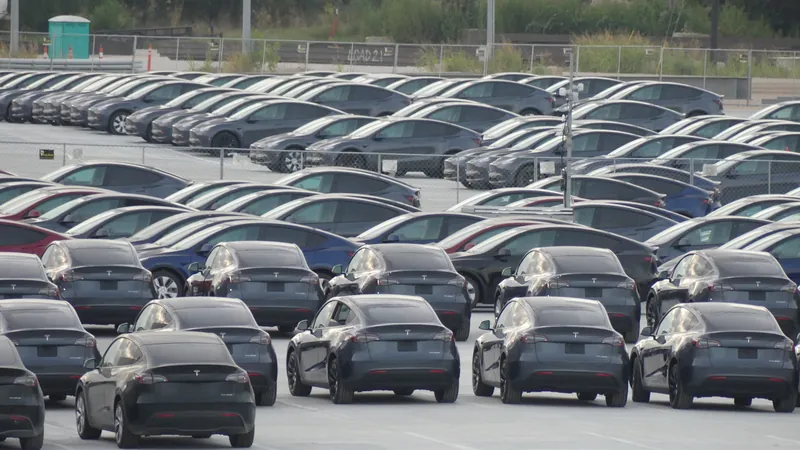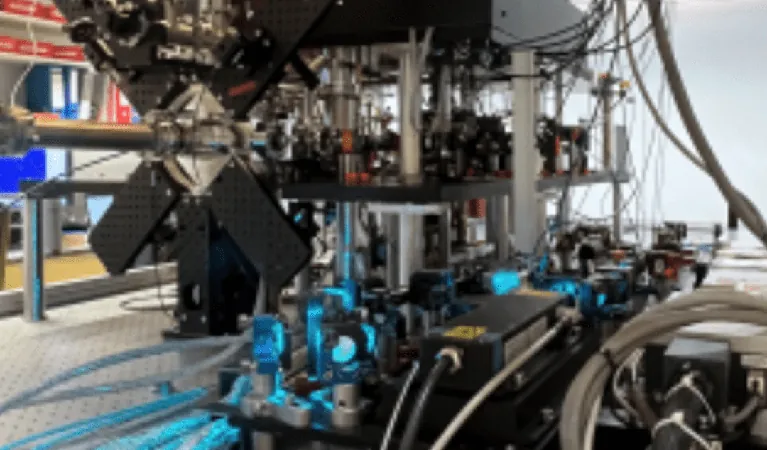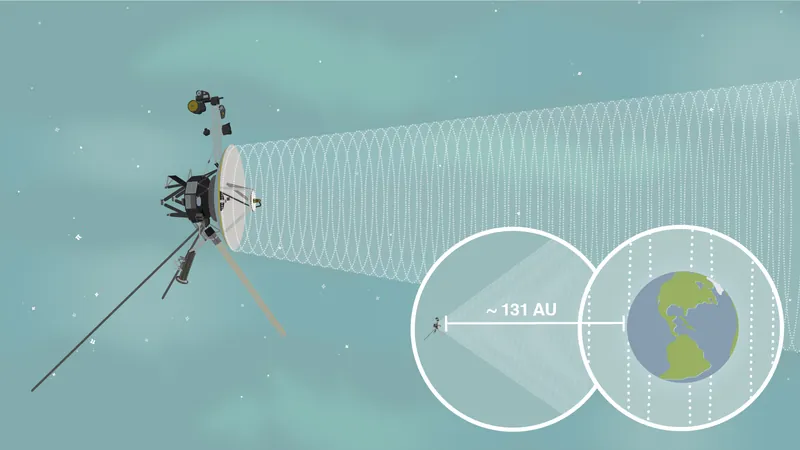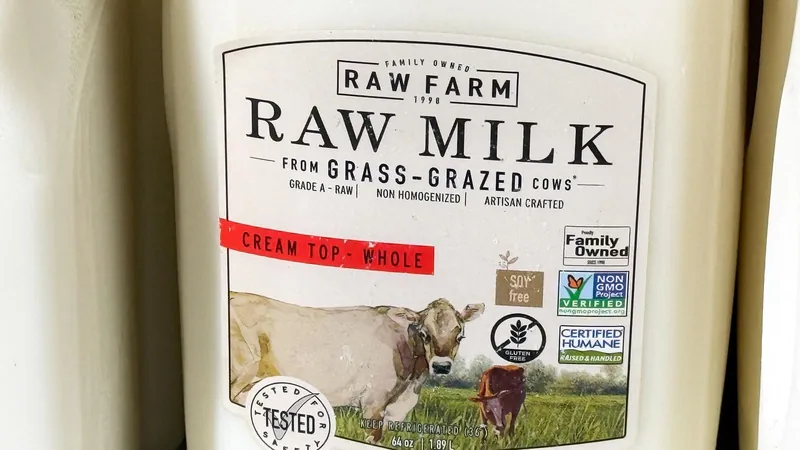
U.S. Supreme Court to Decide on California's Emission Rule Waiver: A Game-Changer for Environmental Standards?
2024-12-15
Author: Sophie
Introduction
The U.S. Supreme Court is gearing up to hear a pivotal case that could redefine how states, especially California, set their own emissions regulations. The challenge arises from fuel companies contesting California’s exemption from federal air pollution laws, a significant development that has implications for all states’ abilities to impose their own environmental standards.
Background on California's Waiver
In 2022, the Environmental Protection Agency (EPA) granted California a waiver, allowing the state to establish its own vehicle emissions rules. This decision was seen as a beacon of hope for the state’s ambitious initiatives aimed at curbing greenhouse gas emissions and promoting electric vehicle (EV) adoption. However, recent weeks have seen Valero Energy’s subsidiary, Diamond Alternative Energy, and various other fuel industry groups filing an appeal against this exemption. They argue that the EPA has exceeded its authority under the Clean Air Act, claiming that such autonomy for California could lead to diminished demand for conventional fuels, thereby harming their business interests.
Industry Response
Fuel industry lobbyists are taking the fight to the Supreme Court, accusing California of acting like a "junior-varsity EPA." They assert that the Golden State’s actions in regulating emissions infringe upon the federal government's role and that consumers should have the freedom to choose between gas and electric vehicles without state imposition.
Legal Developments
This comes in the wake of a recent ruling by the U.S. Court of Appeals for the District of Columbia, which upheld the EPA’s authority by dismissing a lawsuit from 17 Republican-led states against California’s regulatory autonomy. Critics of California’s waiver argue it represents an unconstitutional concentration of regulatory power not shared by other states.
Historical Context
The waiver saga has deep roots, initially granted in 2013 and revoked during the Trump administration in 2019. However, it was reinstated under President Biden, reaffirming California's position as a leader in eco-friendly policies. Notably, California is set to ban new gas-powered car sales by 2035, a decision that has inspired similar actions from states like New Jersey, New York, Oregon, and Washington.
California's Market Impact
In 2022, California accounted for a staggering one-third of all battery-electric vehicle (BEV) sales in the U.S., with Tesla leading the charge. The California Air Resources Board (CARB) is aggressively pursuing a gradual phase-out of gas vehicles starting in 2026, under the framework of the waiver secured from the EPA.
Biden Administration's Stance
Meanwhile, the Biden administration's approach to emissions has been a mixed bag. Earlier this year, the EPA relaxed federal regulatory standards, lowering sales mandates for EVs. Automakers are now required to ensure that 50% of their sales consist of plug-in hybrids or BEVs by 2030—a reduction from previous targets.
Conclusion and Implications
With the Supreme Court poised to hear this case, all eyes will be on how the justices interpret the roles of state versus federal authority regarding emissions standards. The outcome could significantly impact not only California’s ambitious plans but also set a spectacle for environmental policy across the nation.
As the implications of this case unfold, the automotive and energy industries are left to ponder: Will this landmark decision empower states in their fight against climate change, or will it stifle forward-thinking regulations that aim to reduce carbon footprints? Stay tuned for what could be a historic ruling in the battle for environmental justice.









 Brasil (PT)
Brasil (PT)
 Canada (EN)
Canada (EN)
 Chile (ES)
Chile (ES)
 España (ES)
España (ES)
 France (FR)
France (FR)
 Hong Kong (EN)
Hong Kong (EN)
 Italia (IT)
Italia (IT)
 日本 (JA)
日本 (JA)
 Magyarország (HU)
Magyarország (HU)
 Norge (NO)
Norge (NO)
 Polska (PL)
Polska (PL)
 Schweiz (DE)
Schweiz (DE)
 Singapore (EN)
Singapore (EN)
 Sverige (SV)
Sverige (SV)
 Suomi (FI)
Suomi (FI)
 Türkiye (TR)
Türkiye (TR)